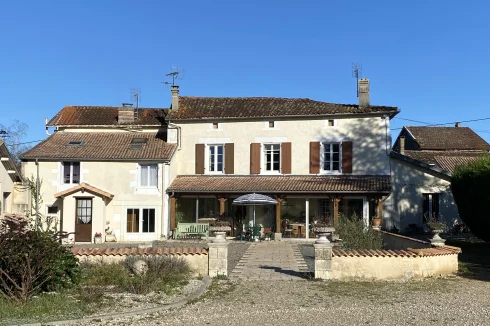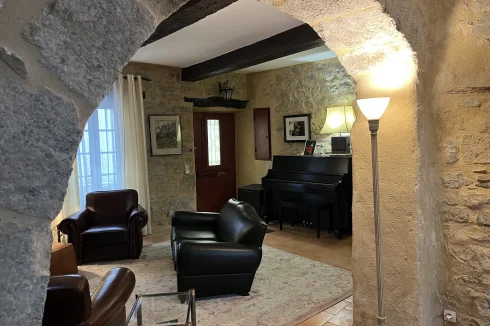Disputes Over Rental Deposits
Wednesday 07 January 2015
Tenants are normally required to provide a rental security deposit to their landlord, and disputes over the return of the deposit are not uncommon in France.
A recent survey carried out by the consumer body, the Confédération de la consommation, du logement et du cadre de vie (CCLV) found that over one-third of rental deposits were not fully returned at the end of the tenancy.
No doubt in some cases this was for good reason (damage, rent arrears), but the survey found that many vacating tenants had not been given a reason, nor proper documentation to support the amount withheld.
The use and return of rental deposits is strictly enshrined in law. The deposit is known as the dépôt de garantie or caution.
Its purpose is to assist in the guarantee of the obligations of the tenant, such as the payment of rent or maintenance of the property.
A landlord is not entitled to withhold the deposit at the end of the tenancy due to ‘fair wear and tear’, so normal use of the property and degradation of the decoration and other elements during the life of the tenancy is accepted in law.
Conversely, the deposit cannot be used in lieu of the payment of rent, so rent must continue to be payable right up to the end of the tenancy.
The landlord of an unfurnished dwelling cannot ask for more than one month's rent as a deposit.
Since March 2014 the security deposit for furnished lettings cannot be more than two months' rent.
Most tenancy agreements insist on payment of a rental deposit and failure to hand over the agreed sum is a ground for termination of the tenancy.
The deposit carries no interest, so the landlord is merely obliged to hand over the original sum paid by the tenant.
If a landlord unreasonably refuses to return some or the entire rental guarantee, then there is little an outgoing tenant can do but to commence legal proceedings. Such sums attract a token level of interest to which the outgoing tenant is entitled.
A landlord has no entitlement to withhold an arbitrary sum; there must be proper justification (receipt, estimate) for any sum not returned to the tenant. If the landlord carries out the repair works themselves, they can only seek reimbursement of the cost of materials, not their own labour.
The problem with all of this is that there are frequently fine judgements to make, as a result of which it is possible for a landlord to unreasonably withold monies and get away with it.
One way of reducing the risk of that occurring is to ensure that a pre and post inspection of the property are undertaken by an independent third party at the start and end of the tenancy.
This inspection is called an état des lieux and is frequently undertaken by a quasi official bailliff called a ‘huissier’ or an estate agent. A tenant has the right to insist upon an état des lieux, and for the charge to be shared between landlord and tenant.
Next Article: Top Ten News Articles
Thank you for showing an interest in our News section.
Our News section is no longer being published although our catalogue of articles remains in place.
If you found our News useful, please have a look at France Insider, our subscription based News service with in-depth analysis, or our authoritative Guides to France.
If you require advice and assistance with the purchase of French property and moving to France, then take a look at the France Insider Property Clinic.





